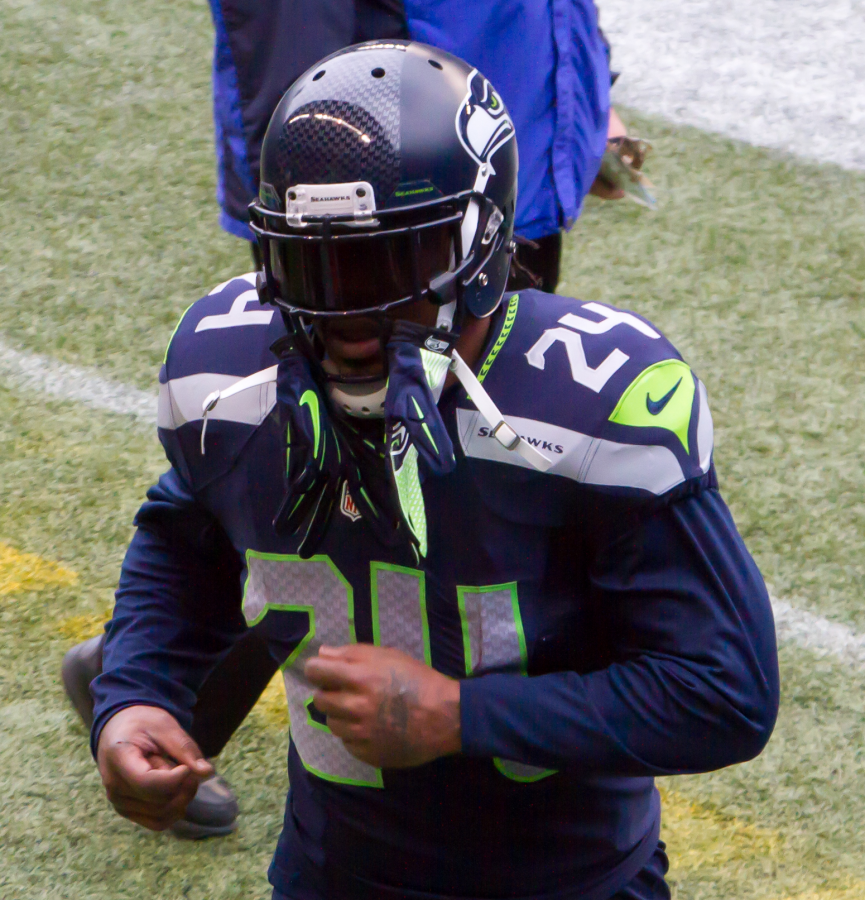Earlier this year, Colin Kaepernick of the San Francisco 49ers made headlines after a preseason game—and not for the usual reasons. Choosing to take a knee during the performance of the national anthem prior to kick-off, Kaepernick’s actions sent shock waves throughout the nation that resulted in both fierce support and vehement outrage.
This is not the first time a professional athlete has brought more than talent to the field. The utilization of athletic fame to express political beliefs and inspire action has been observed several times before. The famous Ali Summit in 1968 and the disqualifications of Tommie Smith and John Carlos were perhaps the first notable displays.
In 2014, basketball player Derrick Rose chose to wear a shirt bearing the words “I can’t breathe,” a direct reference to Eric Garner’s last words before his death at the hands of police. Several other athletes, including LeBron James and Kevin Garnett, followed suit when playing against each other in New York. This past July, not one, but three teams in the Women’s National Basketball League (WNBA) donned black warm ups bearing statements such as “Black Lives Matter” and “Change Starts with Us” before their games.
These acts of political protest are met with mixed reactions: Kaepernick was dubbed “disrespectful” and “a disgrace.” On Nov. 20, following one of the NFL’s Mexico City games, President Donald Trump called out Oakland Raiders running back, Marshawn Lynch, via Twitter for being one of the many NFL players not to stand for the national anthem. Lynch chose not only to sit during the American national anthem, but to stand during the Mexican one. Trump went so far as to demand Lynch’s suspension for the remainder of the season.
These threats echo those voiced by other, more conservative, parties when confronted with such controversial acts. It’s as if athletes are expected to follow the rules, play the game, and keep their mouths shut.
We need to ask ourselves a few questions before coming up with a response: Is it really all that wrong to use your fame and the fact that you’re being broadcasted live on national television as an advantage? Athletes are just as much entitled to their political beliefs as anyone. Why should they be dissuaded from expressing such things?
A large portion of professional athletes are African American. It would be ridiculous to expect them to remain neutral regarding the brewing racial tensions in America. Former President Barack Obama stated that Kaepernick was simply “exercising his constitutional right to make a statement.” After all, the United States claims to pride itself on providing citizens with basic freedoms—one of which is the freedom of speech. Kneeling during the national anthem is in perfect accordance with this age-old decree.
For those who were enraged, taking Kaepernick’s actions to signal disrespect towards the nation’s military, Kaepernick provided a perfectly justifiable reason behind his decision. In an interview following the Aug. 14 game against the Green Bay Packers, he announced that he is “not going to stand up to show pride in a flag for a country that oppresses black people and people of color.” While the interpretation of disrespect is in some ways reasonable, Kaepernick clearly did not have an anti-military message in mind.
It is important to remember that despite the tendency to idolize athletes, in the end, they are just people: people with thoughts, feelings, and the right to express them.
The use of the public lens to make a statement is an assertive method in reminding viewers of the persistent social justice issues at hand—issues that, despite our deeply ingrained love for sports, ultimately take precedence.





















































